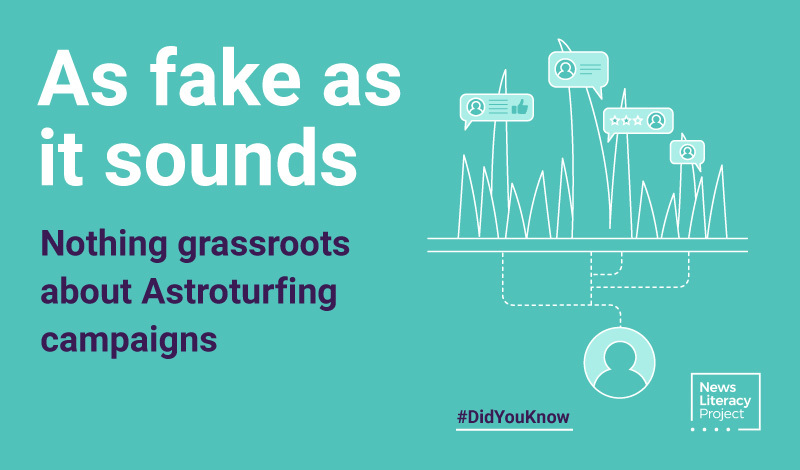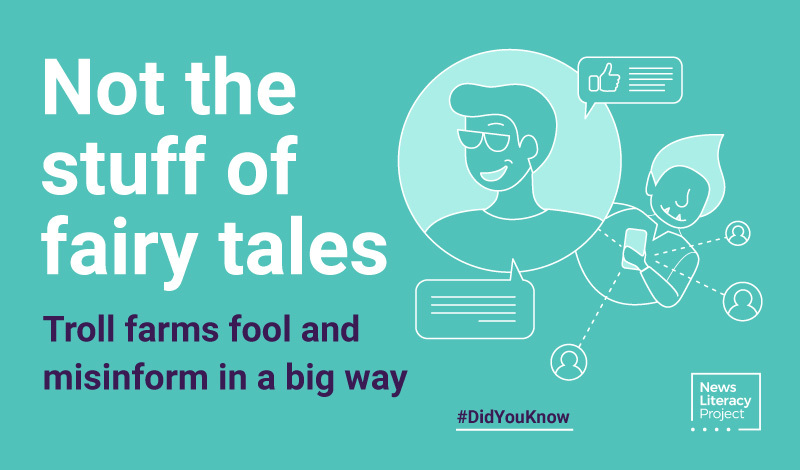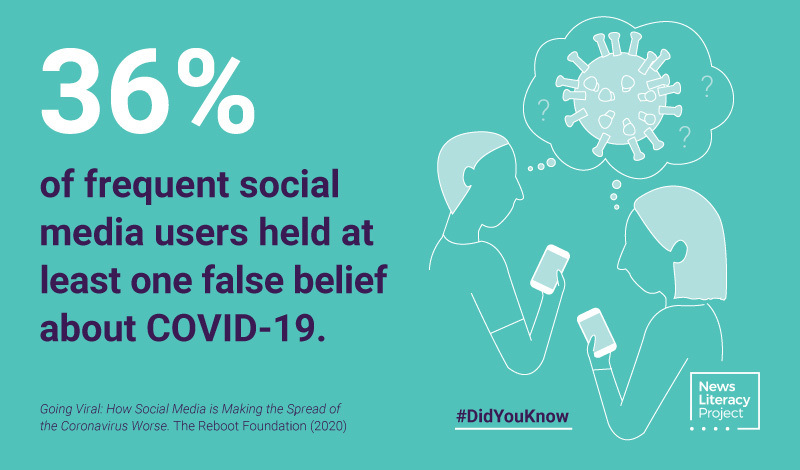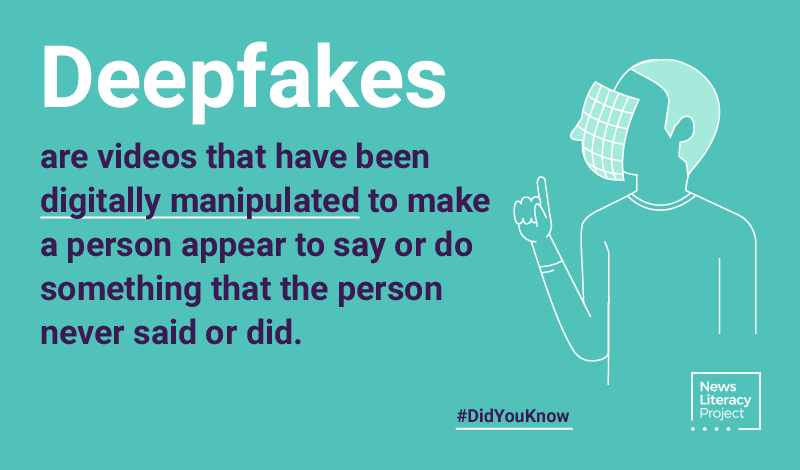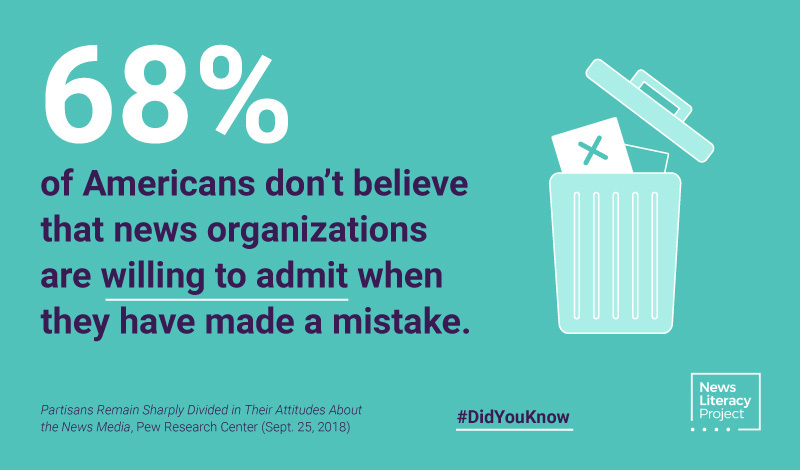
Did You Know?
Online, falsehoods spread faster than facts
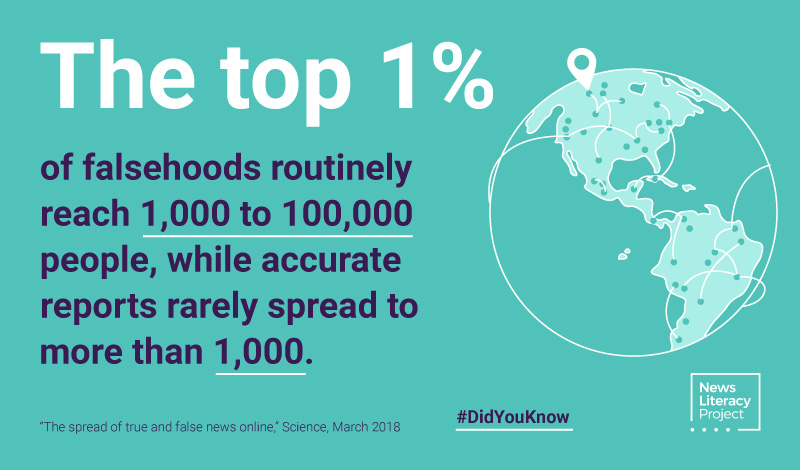
In the footrace between truth and falsehood, falsehood wins.
That’s according to researchers at the Massachusetts Institute of Technology, who studied the spread of information — and misinformation — online and published their findings* in 2018: “Falsehood diffused significantly farther, faster, deeper, and more broadly than the truth in all categories of information,” they wrote, adding: “Falsehood also reached far more people than the truth. Whereas the truth rarely diffused to more than 1,000 people, the top 1% of false-news cascades routinely diffused to between 1,000 and 100,000 people.”
The researchers got the idea for the study following the 2013 Boston Marathon bombings. In the immediate aftermath of the attacks, they said, they relied on Twitter and other social media platforms for information, realizing only later how many more rumors than facts they had seen.
That’s when they started crunching the numbers. Analyzing more than 126,000 fact-checked pieces of content shared between 2006 and 2017** on Twitter, they found that:
- False news stories are 70% more likely to be retweeted than true stories are.
- It takes true stories about six times as long to reach 1,500 people as it does for false stories to reach the same number of people.
Assessing the types of falsehoods spread, the study (funded by Twitter but kept independent of its influence) affirmed research on how and why people spread false information on social media. For example, it reinforced the finding that false information is often more novel and shocking and, in turn, gets a disproportionate amount of attention.
It also reinforced a related trend: False information often elicits more volatile emotions, such as disgust and outrage, than true information. In addition, it found that political content — true or false — gets significantly more engagement than any other topic.
The findings reflect behavioral, not computer-driven, actions. Bots, it seems, shared true bits of information as often as false.
Which leads to one researcher’s advice: “Think before you retweet.”
*This item originally referenced a “decade-long study” of tweets. The study did not take a decade to complete; it examined tweets sent between 2006 and 2017. (Aug. 12, 2019)
**This item originally stated that the study examined tweets sent between 2006 and 2016. The correct ending year is 2017. (Aug. 12, 2019)
